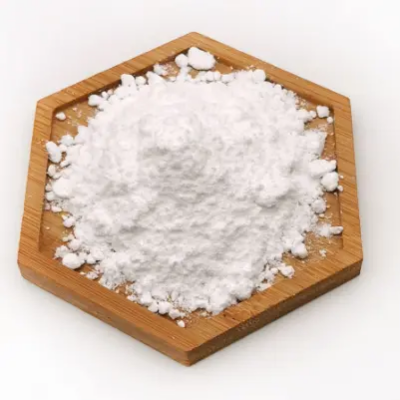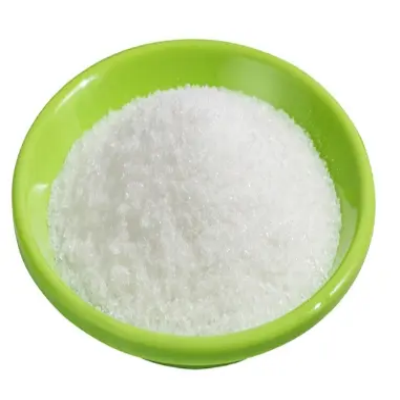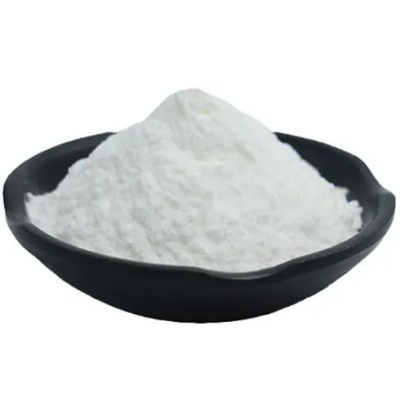Furaltadone hydrochloride CAS:3759-92-0
Furaltadone hydrochloride is employed in veterinary practice for the management of enteritis, colibacillosis, salmonellosis, and other bacterial infections in animals such as poultry, swine, and cattle. This antibiotic can be administered orally or incorporated into feed formulations to provide broad-spectrum coverage against susceptible pathogens affecting livestock and poultry. Veterinarians determine the appropriate dosage of furaltadone hydrochloride based on factors like the animal's weight, age, and the severity of the infection being treated. It is essential to follow prescribed dosages and treatment durations to ensure optimal therapeutic outcomes and prevent the development of antibiotic-resistant strains. Monitoring for treatment response, potential adverse effects, and the need for adjustments in therapy is crucial during the course of furaltadone hydrochloride treatment. Veterinary professionals play a key role in overseeing the responsible use of this antibiotic, promoting prudent antibiotic stewardship, and ensuring the health and welfare of animals under their care. While generally well-tolerated, possible side effects of furaltadone hydrochloride in animals may include gastrointestinal disturbances, allergic reactions, or rare instances of toxicity. Regular veterinary assessments, adherence to treatment protocols, and appropriate biosecurity practices are essential components of successful treatment when utilizing furaltadone hydrochloride in managing bacterial infections in animals. Collaborative efforts among veterinarians, animal producers, and regulatory authorities are vital for the effective and sustainable use of this antibiotic in veterinary medicine.



| Composition | C13H17ClN4O6 |
| Assay | 99% |
| Appearance | white powder |
| CAS No. | 3759-92-0 |
| Packing | Small and bulk |
| Shelf Life | 2 years |
| Storage | Store in cool and dry area |
| Certification | ISO. |









